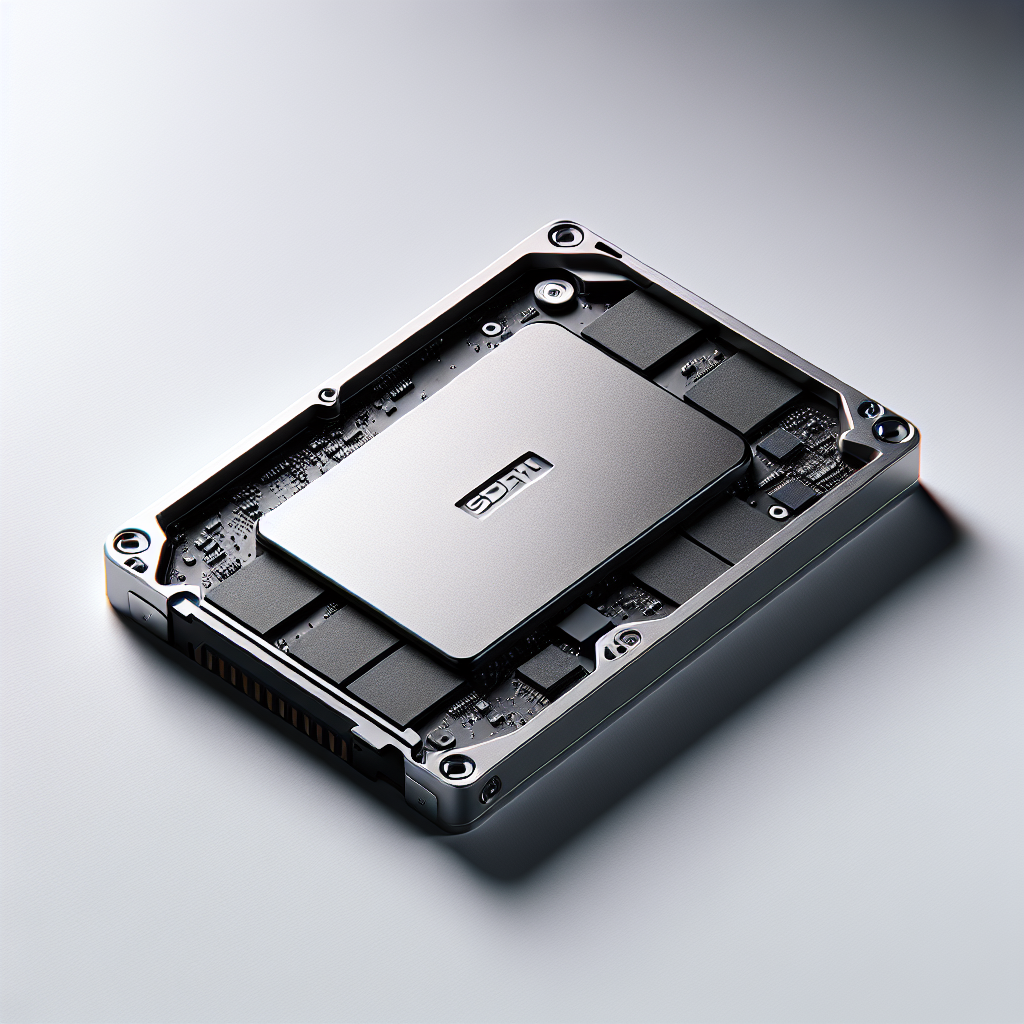Your cart is currently empty!
Choosing the Right Solid-State Drive for Your Needs

Solid-state drives (SSDs) have become increasingly popular in recent years due to their faster speeds and improved reliability compared to traditional hard disk drives (HDDs). However, with so many options on the market, choosing the right SSD for your needs can be a daunting task. In this article, we will discuss some key factors to consider when selecting an SSD that best suits your requirements.
Capacity:
One of the first things to consider when choosing an SSD is the capacity you need. SSDs are available in a wide range of capacities, from as small as 120GB to as large as 4TB or more. It is important to assess your storage needs and choose a capacity that provides enough space for your operating system, applications, and files, while also leaving room for future growth.
Performance:
Another important factor to consider is the performance of the SSD. SSDs are known for their faster read and write speeds compared to HDDs, but not all SSDs are created equal. Look for SSDs with high read and write speeds, as well as low latency, to ensure smooth performance and quick access to your data.
Interface:
SSDs connect to your computer via a specific interface, such as SATA, PCIe, or NVMe. SATA SSDs are the most common and are compatible with most computers, but they have slower speeds compared to PCIe and NVMe SSDs. If you have a newer computer with a PCIe or NVMe slot, consider investing in a faster SSD to take advantage of the improved performance.
Durability:
SSDs are known for their durability, but it is still important to consider the endurance rating of the SSD. Endurance is measured in terabytes written (TBW) and indicates how much data can be written to the SSD before it starts to degrade. Look for SSDs with a high TBW rating to ensure longevity and reliability.
Price:
Lastly, consider your budget when choosing an SSD. SSDs are generally more expensive than HDDs, but prices have been steadily decreasing in recent years. Consider your storage needs and performance requirements, and find a balance between cost and quality that best fits your budget.
In conclusion, choosing the right SSD for your needs involves considering factors such as capacity, performance, interface, durability, and price. By taking these factors into account, you can select an SSD that provides fast and reliable storage for your computer, whether you are a casual user or a power user with demanding storage requirements.

Leave a Reply